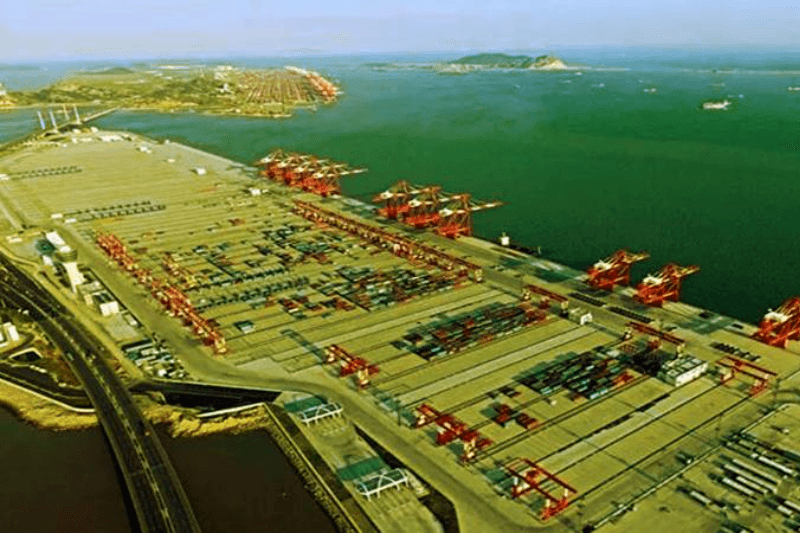
Pakistan’s logistics industry is at a critical crossroads, facing major challenges that are hampering its growth and efficiency.
The economic importance of this sector cannot be overstated. Contributing around 10.7% to national GDP and employing over 5.8% of the workforce, the logistics industry is a crucial economic pillar. The Economic Survey of Pakistan 2023-24 reveals that the transport and communications sector accounts for 20.51% of national GDP, or 23% of the services sector.
The challenges go beyond physical infrastructure. Pakistan’s internet infrastructure has suffered significant setbacks. In 2023 and 2024, multiple submarine cable failures led to significant data shortages and widespread disruptions. These outages resulted in heavy financial losses for the IT sector, with estimates suggesting that a single hour of downtime can result in losses in excess of $1 million. The instability of the digital infrastructure is a significant barrier to modernisation efforts.
The platform’s real-time analytics dashboard provides complete visibility into supply chain operations, as well as predictive analytics capabilities that enable proactive decision-making.
Strategic collaborations with local financial institutions such as Easypaisa and Meezan Bank, and integration with the Pakistan Single Window (PSW) system, are proving transformative. These partnerships enable local merchants to meet regulatory requirements more effectively while accessing essential financial services. T
For companies looking to embrace digital transformation, the journey typically begins with an in-depth assessment phase that lasts three to four weeks. During this period, businesses assess their current technology capabilities, identify key pain points and inefficiencies, define specific digitisation objectives and calculate the potential return on investment.
The potential for transformation is immense. With an estimated $30.7 billion logistics sector, Pakistan is strategically positioned to become a regional trade hub. Initiatives such as the China-Pakistan Economic Corridor (CPEC) offer unprecedented opportunities to link trade routes between China, Central Asia, Europe and Russia.
The transformation of Pakistan’s logistics sector requires immediate action from multiple stakeholders. The journey to digital transformation has begun and the promise is clear: a more connected, efficient and competitive business ecosystem that can propel Pakistan into a new era of economic opportunity. The time to act is now.



